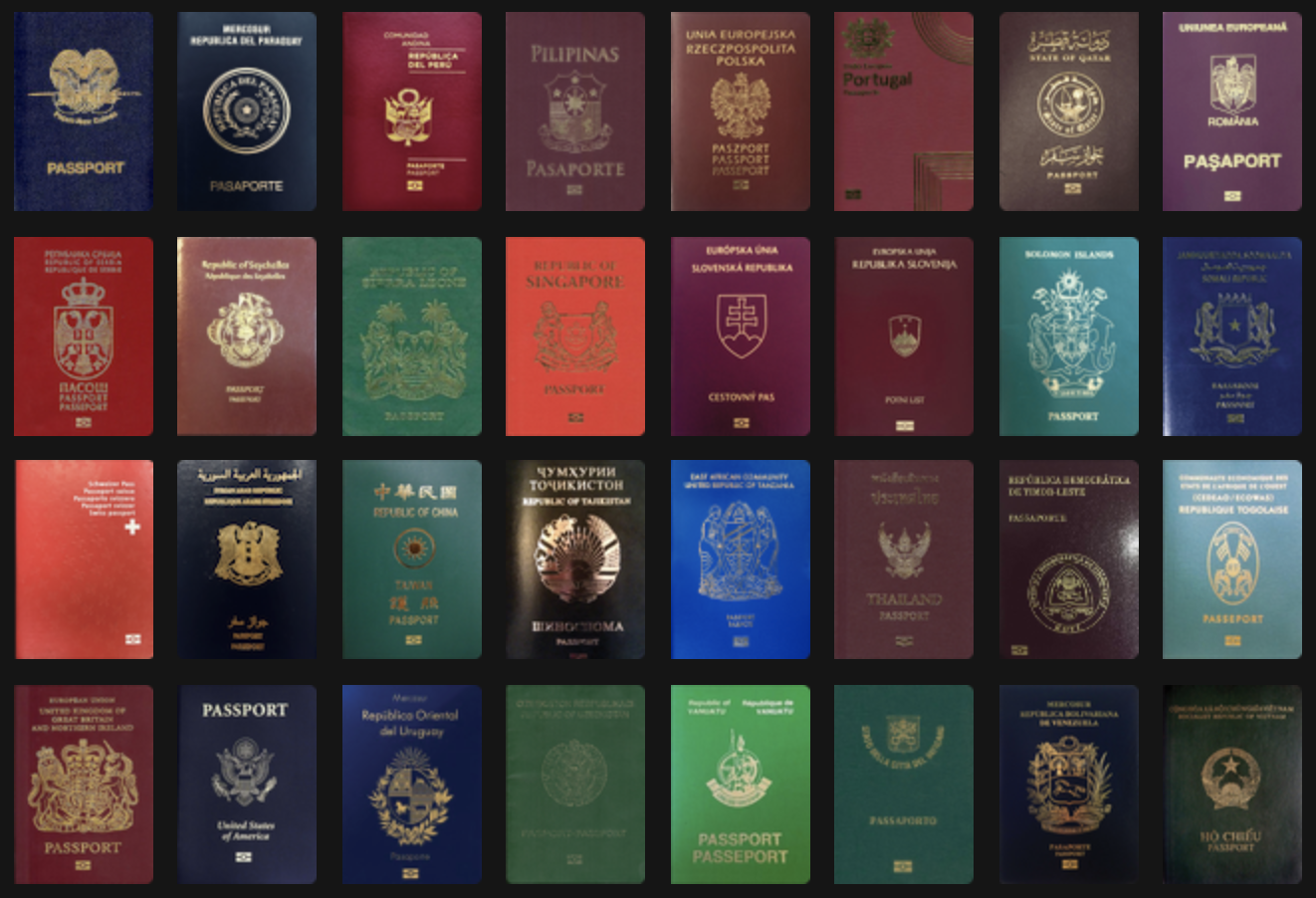We think of passports of giving us access to the world; it’s hard to cross international borders without one. We have come to think of passports as a status symbol for those who carry them; we might hear people talk about the number of stamps in their passport like badges of honor or items crossed off a bucket list. Some might align having a passport with a particular class, ideology, or even political affiliation; holding a passport might be a symbol of identity, no matter your nationality.
 But 2020 has upended how we think of passports. First, unless you were already abroad when COVID-19 was declared a pandemic, it’s been all but useless to most. Most international flights have been canceled and most have been too afraid to get on a plane so far this summer. Second, for the first time in decades, a USA passport now restricts US residents to a small handful of countries with limited exceptions and perhaps mandated quarantines.
But 2020 has upended how we think of passports. First, unless you were already abroad when COVID-19 was declared a pandemic, it’s been all but useless to most. Most international flights have been canceled and most have been too afraid to get on a plane so far this summer. Second, for the first time in decades, a USA passport now restricts US residents to a small handful of countries with limited exceptions and perhaps mandated quarantines.
In 2020, many USA passport holders only recognized their privileged status in the review mirror. Until March, passport holders could travel to about 150 countries or more, visa-free, with few, if any, restrictions. Now, depending on how you count the numbers, that has dwindled to 12-30. Passport power rankings lists usually put the USA among the top 10-15 passports in the world and usually place Afghanistan last with access to only 25-35 countries, by comparison.
Fellow US Americans: if you look forward to traveling abroad once it becomes widely available, how does it feel to move from the top of the list to the bottom? How does it feel to be welcome in nearly every corner of the globe with the easiest access and to be undesirable nearly everywhere?
While COVID-19 has opened our eyes to longstanding privilege of holding a USA passport, even in this era we still have resources and opportunities that brown passport holders still cannot enjoy. We often don’t recognize how much the color or name on our passport controls our access to the world. Perhaps this is a good reminder that passports were often used to control and prevent transnational mobility, giving access only to those with the greatest resources.
One lesson many of us are learning is that you don’t miss a good thing until it’s gone. Hopefully, a bigger lesson we are learning is that we have special privileges granted to us based mostly on how we were born or our resources; some will see this through a meritorious lens while others will find it arbitrary.



